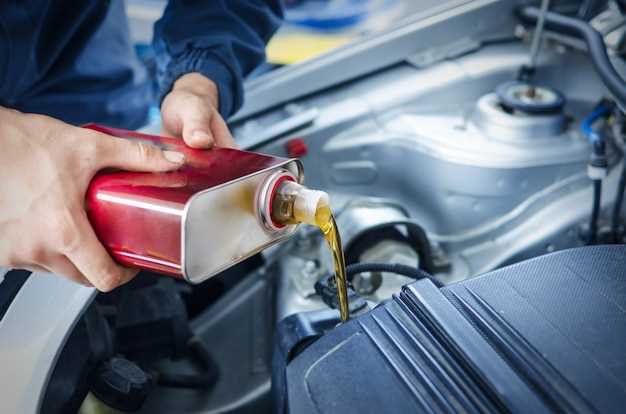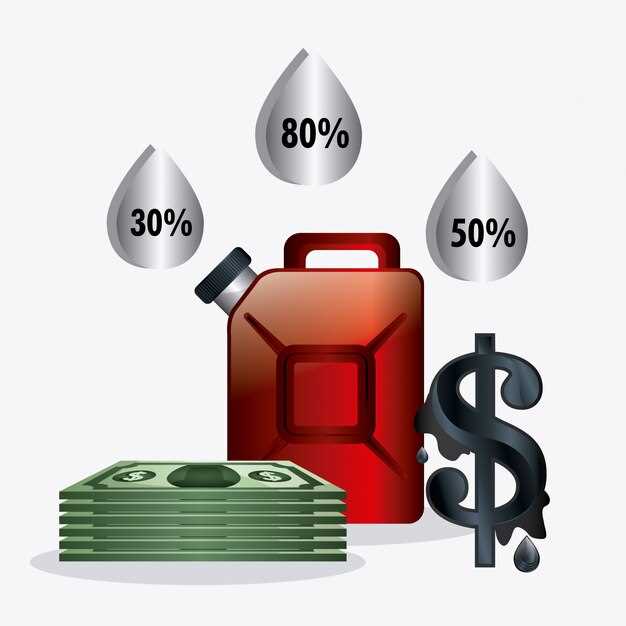Diesel vs. gasoline engines – what’s best for your vehicle

Choosing the right engine for your vehicle is a crucial decision that can significantly affect its performance, operating costs, and overall efficiency. With two main types of fuel systems–diesel and gasoline–understanding their differences is essential for making an informed choice. Each type comes with its own advantages and disadvantages, heavily influenced by factors such as fuel efficiency, maintenance requirements, and intended use.
Diesel engines are known for their superior torque and fuel efficiency compared to their gasoline counterparts. These engines operate on a different cycle and utilize compression ignition, which allows them to extract more energy from the same amount of fuel. As a result, vehicles powered by diesel can often travel longer distances on a single tank, making them an attractive option for long-haul transportation and heavy-duty applications.
On the other hand, gasoline engines are typically lighter and provide quicker acceleration, which may appeal to drivers looking for a dynamic driving experience. While their fuel efficiency may not match that of diesel engines, advancements in technology have led to significant improvements in their performance. Understanding how each fuel type affects the engine’s performance and overall efficiency will help you determine which engine type aligns best with your needs and driving habits.
Diesel vs Gasoline Engines: Best Choice for Your Vehicle
When considering the engine type for your vehicle, both diesel and gasoline options present unique advantages and disadvantages that can significantly influence your driving experience. Diesel engines excel in fuel efficiency, often providing better mileage than their gasoline counterparts. This is particularly beneficial for drivers who cover long distances regularly or those who require higher torque for towing purposes.
In contrast, gasoline engines typically offer quicker acceleration and smoother operation. They tend to be lighter and can provide a more responsive driving feel, making them attractive to those prioritizing performance in urban settings. Additionally, gasoline fuel is generally more accessible and tends to have a lower initial cost when purchasing the vehicle.
Durability is another key factor in the diesel vs. gasoline debate. Diesel engines are built to withstand higher compression ratios, which often leads to a longer lifespan. However, this durability comes at a cost, as maintenance and repair of diesel engines can be more expensive and complicated due to their intricate design.
Environmental impact should also be considered. Diesel engines emit lower quantities of CO2 but can release more nitrogen oxides and particulates, potentially affecting air quality. Meanwhile, gasoline engines produce fewer of these pollutants but typically have a larger carbon footprint.
Ultimately, the best choice between diesel and gasoline engines depends on your specific needs, driving habits, and environmental considerations. Assessing how you intend to use your vehicle and what benefits matter most to you will guide you toward the ideal fuel type and engine selection.
Comparing Fuel Economy: Diesel vs Gasoline

Fuel economy is a critical factor when selecting a vehicle, and understanding the differences between diesel and gasoline engines can help consumers make informed decisions.
Diesel engines are renowned for their superior efficiency compared to gasoline engines. This is primarily due to the higher energy content of diesel fuel and the engine design, which typically operates at a higher compression ratio.
- Energy Density: Diesel fuel contains approximately 10% more energy per gallon than gasoline, leading to better fuel economy.
- Combustion Efficiency: Diesel engines utilize compression ignition, resulting in a more complete combustion process and greater thermal efficiency.
- Mileage: On average, diesel vehicles can achieve 20-30% better fuel economy than their gasoline counterparts.
Despite the advantages of diesel, there are some considerations to bear in mind:
- Initial Cost: Diesel vehicles often come with a higher purchase price, which can offset the long-term savings on fuel.
- Maintenance: Diesel engines may require more specialized maintenance, leading to higher costs over time.
- Availability of Fuel: In some regions, diesel fuel may not be as readily available as gasoline.
In conclusion, while diesel engines offer significantly better efficiency and fuel economy, potential buyers should weigh these benefits against the higher initial costs and maintenance considerations. For those driving long distances or needing towing capacity, diesel may be the best choice. For urban drivers or those with shorter commutes, gasoline engines might suffice.
Maintenance Considerations for Diesel Engines

Diesel engines are known for their efficiency and longevity, but they require specific maintenance practices to ensure optimal performance. One significant consideration is the quality of the fuel used. Diesel fuel must meet certain standards to prevent issues like injector clogging and engine deposits. Investing in high-quality fuel can enhance engine performance and reduce maintenance costs in the long run.
Regular oil changes are crucial for diesel engines, as they operate under higher pressure and temperatures than gasoline engines. Using the right oil type, typically a heavier grade, helps maintain engine integrity and efficiency. Additionally, monitoring oil levels and changing the oil filter regularly can prevent sludge buildup and wear on engine components.
Fuel filter replacement is another essential maintenance task. Diesel fuel systems are sensitive to contaminants, making it important to change filters at manufacturer-recommended intervals. Clean filters ensure optimal fuel flow and engine efficiency, promoting better performance and lower emissions.
Furthermore, maintaining the turbocharger, if equipped, is vital for diesel engine performance. Regular inspections for leaks and checks of the intercooler system can help maintain optimal air intake and boost efficiency. Keeping the turbo in good condition minimizes stress on the engine and extends its lifespan.
Lastly, regular exhaust system checks are essential for diesel engines, which produce more soot and emissions than gasoline engines. Ensuring the exhaust system is functioning properly aids in compliance with environmental regulations and contributes to fuel efficiency. Proper maintenance can prevent costly repairs and improve overall engine performance.
Performance Differences in Towing and Acceleration
When comparing diesel and gasoline engines, one of the most significant factors is their performance in towing and acceleration. Diesel engines are renowned for their torque output, which is crucial for towing heavy loads. This high torque is available at lower RPMs, enabling diesel vehicles to pull trailers and heavy equipment with greater ease and stability. In contrast, gasoline engines typically excel in acceleration due to their ability to rev higher, providing quicker throttle response and a more exhilarating driving experience. The lighter weight of gasoline engines also contributes to a snappier acceleration.
Fuel efficiency plays a key role in the performance of both engine types while towing. Diesel engines generally offer superior fuel economy under load, making them more efficient for long-distance towing. This efficiency translates to less frequent refueling during extended trips, a major advantage for those who frequently tow. Gasoline engines may consume more fuel when towing heavy loads, resulting in higher operating costs over time.
In summary, for tasks requiring high torque and fuel efficiency during towing, diesel engines are typically the better choice. However, for those prioritizing quick acceleration and spirited driving, gasoline engines may provide a more satisfying performance. Understanding these differences is essential for making an informed decision based on specific vehicle use and needs.




